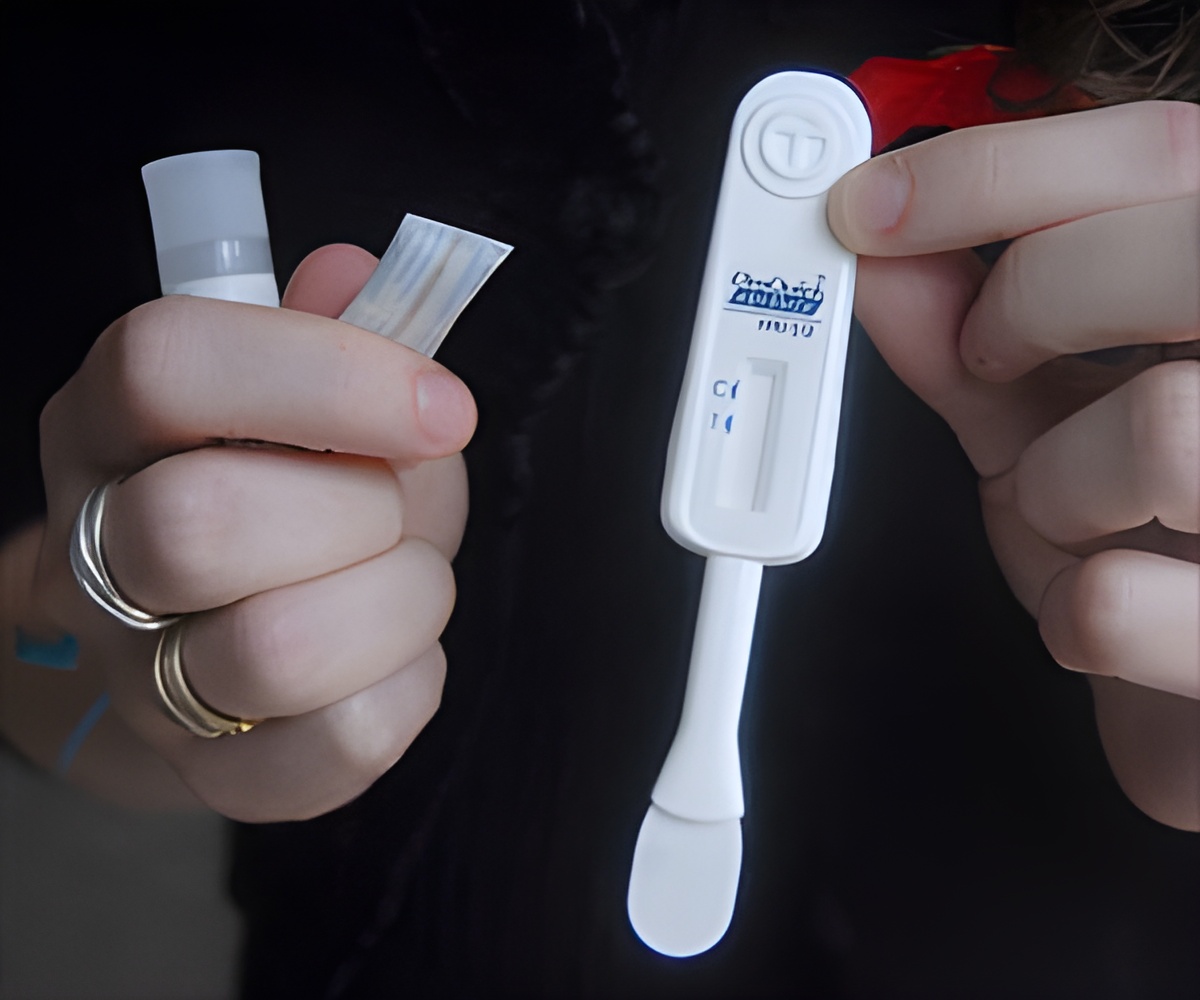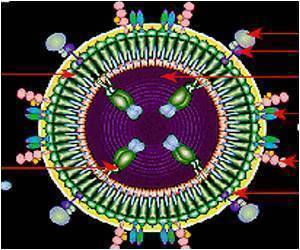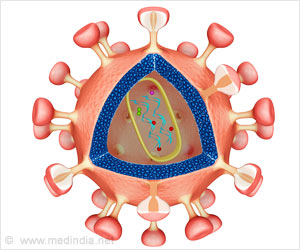Self-testing for HIV using urine, saliva or blood samples should be approved in Canada. The self-testing method for HIV is WHO-approved and available in many countries, including the United Kingdom, France, the Netherlands, United States, Latvia, Spain, Kenya, and South Africa

TOP INSIGHT
HIV self-testing will help remove the barrier to testing in the under-diagnosed population and help manage the disease, thereby reducing the burden on the healthcare system.
Read More..
According to Dr. Nitika Pant Pai of the Research Institute of the McGill University Health Centre, and McGill University, Montreal, Quebec, "In Canada, we need rapid approvals of many HIV self-tests, alongside deployment of diverse, culturally sensitive HIVST strategies and development of HIVST-specific provincial or federal guidelines. Lack of funding, political will, and widespread availability of conventional HIV testing through public health laboratories perhaps delayed the introduction of HIV self-tests. It's 2020, and the time to invest in HIVST is now."
The four key factors for the successful introduction of HIV self-testing include rapid approval of HIV self-tests, easy linking of HIV positive self-testers to HIV treatment through clinics, mobile programs, pharmacies, apps, and other means, addressing the costs of integrating HIV self-tests to the healthcare system and conducting large Canadian trials and cost-effective studies.
Introducing HIVST in Canada will help in better detection of HIV in those who are facing barriers to testing. This will improve HIV management and help in controlling and ending the HIV epidemic in Canada.
Source-Medindia
 MEDINDIA
MEDINDIA




 Email
Email









